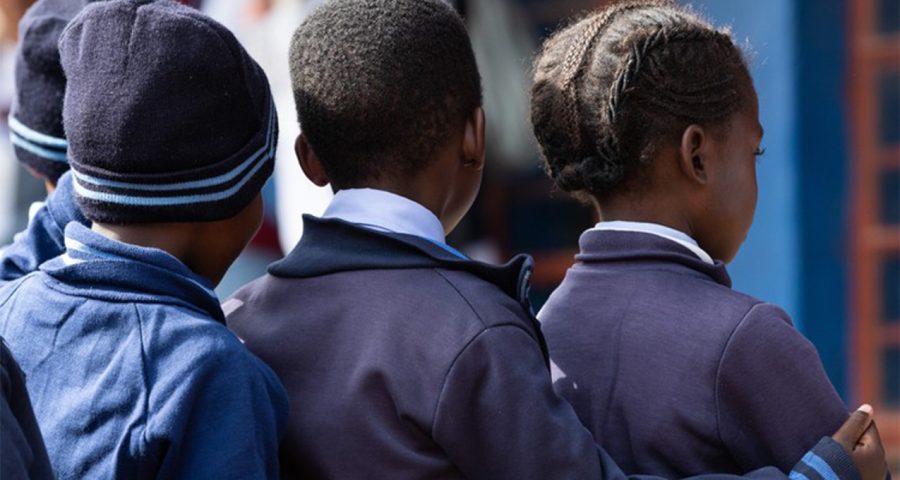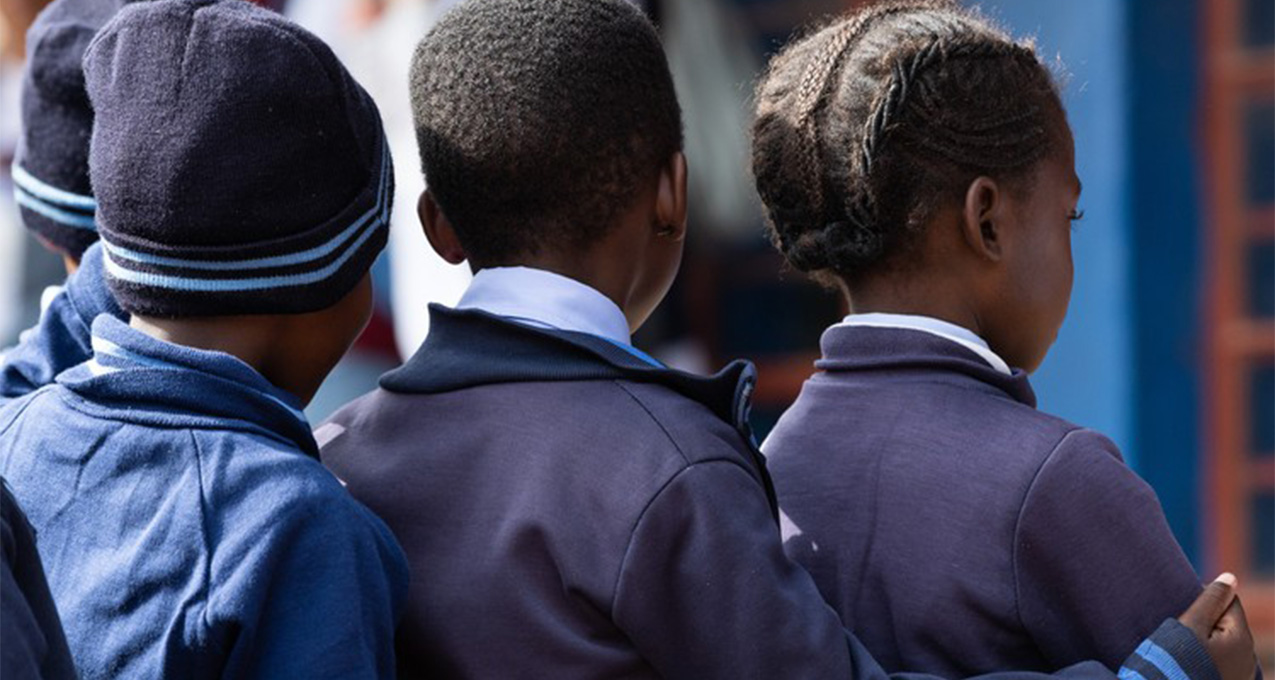
DBE Urges teachers to take action against child abuse
DBE is calling upon teachers to play a proactive role in combating child abuse and gender-based violence (GBV). THE Department of Basic Education (DBE) encourages teachers to play a proactive role in identifying and supporting children who raise reasonable suspicion of sexual abuse, as part of fighting gender-based violence (GBV). With the commemoration of National Child […]

DBE is calling upon teachers to play a proactive role in combating child abuse and gender-based violence (GBV).
THE Department of Basic Education (DBE) encourages teachers to play a proactive role in identifying and supporting children who raise reasonable suspicion of sexual abuse, as part of fighting gender-based violence (GBV).
With the commemoration of National Child Protection Week taking place from 29 May to 5 June, the DBE is calling on teachers and schools to report GBV directed at children.
ALSO READ: ‘No hate in our hearts’: Die Antwoord finally responds to child abuse claims
National Child Protection Week is observed yearly to raise awareness on children’s rights in South Africa.
The department also encouraged learners to report sexual abuse, harassment, corporal punishment and GBV that take place at school.
The DBE says teachers can play an active role in ensuring that abused children receive protection.
Teachers can achieve this by doing the following;
- Believing children who disclose abuse;
- Documenting cases: keeping simple, carefully dated notes about changes in children’s behaviour.
- Reassuring the child that talking about the abuse was important;
- Reassuring the child that the abuse is not their fault.
- Supporting older learners who are pregnant as a result of abuse. Encouraging them to continue their schooling and realise their right to education;
- Reporting colleagues who abuse learners.
ABUSE
The DBE also added that schools should have a team of designated educators to deal with GBV cases.
ALSO READ: Balenciaga designer apologises for ‘child abuse’ ads
This means there should be an effective School Safety Team and School-based Support Team whose role is to report cases and create a supportive environment for learners who are survivors of violence and abuse.
According to DBE, schools can also establish strong links with the police, clinics, social workers and other relevant government or non-government organisations who can help the school report abuse.
Each school should also have a committed Life Orientation teacher who can ensure that the school has knowledge of reporting procedures and counselling services for post-violence care.
What is child abuse?
The DBE defines child abuse as any form of harm or ill-treatment deliberately inflicted on a child. These include but are not limited to:
• Assaulting a child or inflicting any other form of deliberate injury to a child;
• Sexually abusing a child or allowing a child to be sexually abused;
• Bullying by another child;
• A labour practice that exploits a child;
• Exposing or subjecting a child to behaviour that may harm the child psychologically or emotionally.
SIDE EFFECTS
There are many long-term and short-term side effects of abuse. Short-term side effects of child abuse include depression, feelings of guilt, withdrawal, acting out, lowered self-esteem, nightmares, and bedwetting. Long-term effects can include depression, substance addiction (drugs and alcohol), eating disorders, behavioural disorders, problems associated with trust, self-blame and powerlessness.
ALSO READ: ‘Suck my tongue’: EFF calls for the Dalai Lama to be arrested for child abuse
Other effects of sexual abuse include:
- Refusing to go to school and to be left alone with individuals.
- Cutting one’s body, attempted suicide, a sense of powerlessness, and distrust of adults.
- Adolescent pregnancy, sexually transmitted diseases, unusual or excessive itching of the genitals or anal area, bleeding around the vagina or rectum.
- Violence becomes normalised in young children’s lives.
The DBE call upon schools and educators to report child abuse cases to relevant authorities.
This information was supplied by the Department of Basic Education.
ALSO READ: WATCH: EFF calls for Dalai Lama arrest over child abuse [Video]
If you are a victim of gender-based violence (GBV) or know someone who is being abused, call the GBV Command Centre on 0800 428 428 or send a ‘Please Call Me’ to *120*7867# or SMS ‘help’ to 3 15 31.
A Skype Line is also available for members of the deaf community (add ‘Help me GBV’ to your Skype contacts). The centre operates 24 hours, seven days a week.
Teachers, survivors of abuse or guardians may report any suspected incidents of child abuse to the nearest police station or call the Crime
Stop at 08600 10111.
READ MORE: How music can be used as therapy for mental health
